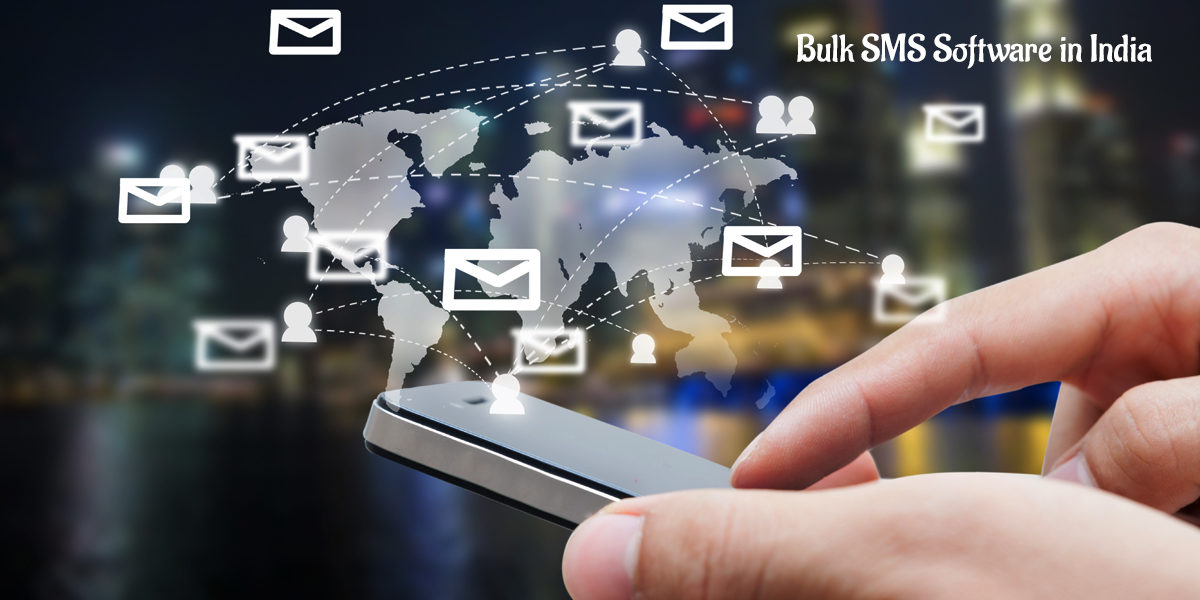However, SMS remained resilient. It found a new role as a default bulk sms communication method, especially for essential services like banking, two-factor authentication (2FA), and emergency alerts. Its reliability in areas with poor internet connectivity also contributed to its sustained relevance.
Moreover, the integration of SMS with other technologies, such as application-to-person (A2P) messaging and business solutions, further solidified its importance. SMS-based marketing campaigns, appointment reminders, and customer service interactions continued to thrive due to its universality and high open rates.
Challenges and Innovations
Despite its enduring popularity, SMS faced challenges. Security concerns, such as SMS phishing and SIM swapping, raised doubts about its reliability for sensitive information. However, efforts to enhance security through protocols like SMS-based authentication and encryption have been ongoing.
Innovations like Rich Communication Services (RCS) aim to modernize SMS by providing features akin to internet-based messaging platforms, such as read receipts, larger file transfers, and group chats. While RCS adoption varies across regions, it represents a potential evolution of traditional SMS.

